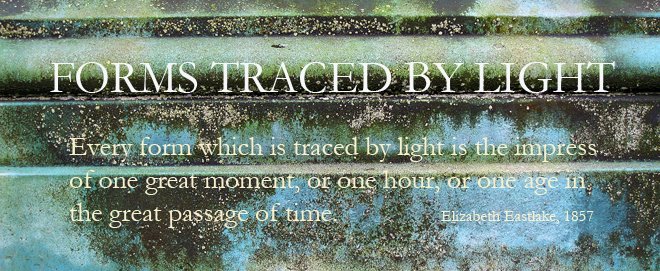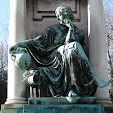Today's graduate class - in a compulsory Methods course for all incoming grad students in English, under a rough rubric of Introduction to Criticism and Theory - was a pretty special occasion. The class is more or less half Creative Writing PhDs, half Critical Track - in fact, slightly more official creative writers that critical ones, and some of the so called critical track people are creative, too ... So I've been making sure that they see themselves as a genuine cohort, not as creatures of different species - and that we all think about creation and criticism as being intimately interwoven. To that end I invited in three colleagues to talk about their work, and the integration of their research, reading, critical exposure on their writing practice. To be able to have David St John, Robin Coste Lewis, and Danzy Senna all at the same time in a seminar is a rare and inspiring treat; to have them as colleagues is something very special.
So David took us through an intellectual trajectory that passed from studying with Gayatri Spivak, through his passion for Italian cinema (and it emerged that we share a love of early Bertolucci - I must tell him about the time I saw 1900 - in early release - projected onto the white wall of a co-operativa room in a Florentine suburb), through a life-long knowledge of and love for the central Californian coast - which in turn merged into a consideration of the role of Robinson Jeffers, and Edward Weston and Charis Wilson, on his work. Then Robin talked about studying Sanskrit, as part of her desire to know where race as performance came from - taking the historical construction of race back to its origins; about Woolf; about the ability that poetry has to conflate ideas into a single line - a single word; about poetry as an art of silence; writing about things that aren't easily articulated; about poetry's power to surprise its writer. And Danzy spoke about how her latest novel, New People (and read it, if you haven't done) is about three different geographies, three different times - the time of the Culture Wars at Stanford; Jonestown in the late 70s, and Brooklyn at the moment before gentrification - moments of transformation, when things were on the cusp of serious change. Our guests spoke about memorable texts that had influenced them or that they were reading now - like Anna Lowenhaupt Tsing's The Mushroom at the End of the World, and Kevin Quashie's The Sovereignty of Quiet: Beyond Resistance in Black Culture, or - going back to the 1930s, George Schuyler's Black No More. They answered all kinds of questions. They conversed. They joked.
You should have been there. It'll stay with me as one of the most memorable classes I've - in a very loose way - been responsible for, ever.






No comments:
Post a Comment